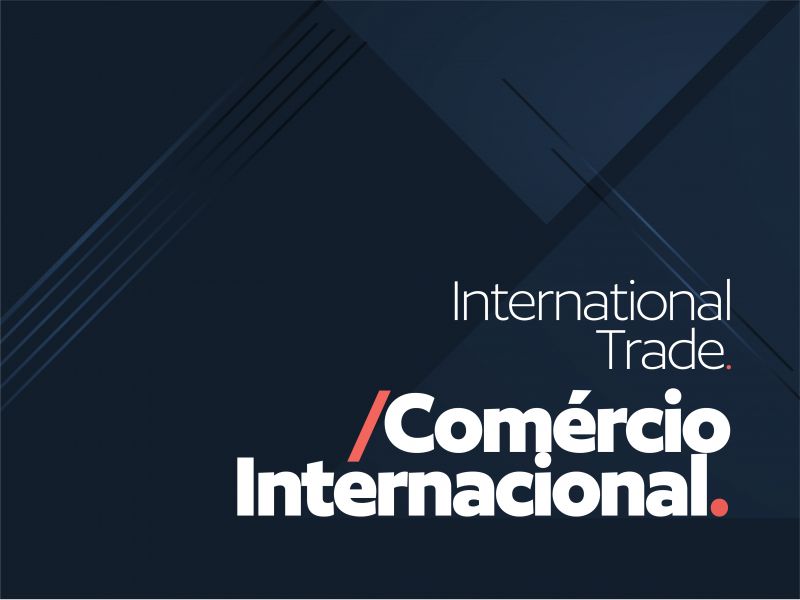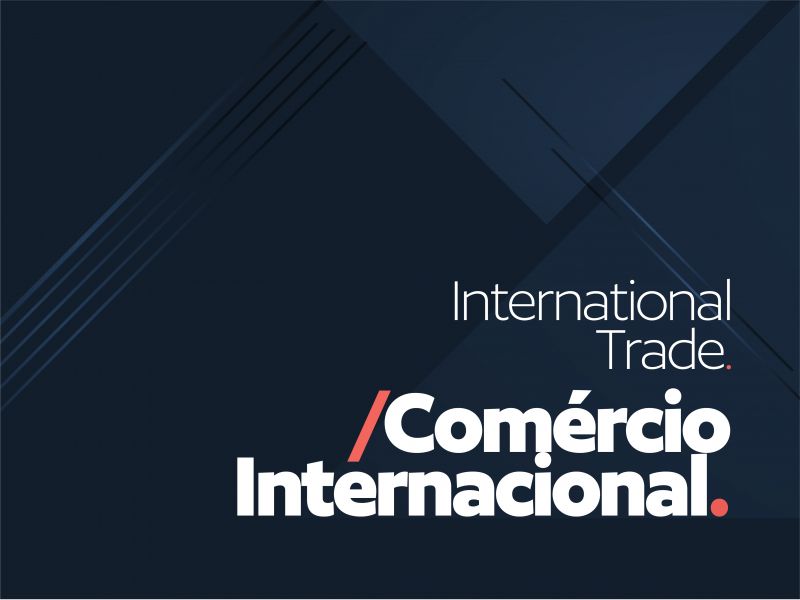On October 27th, SECEX Circular No. 45/2023 initiated the anti-circumvention review to investigate the existence of trade practices that frustrate the application of the anti-dumping duty in force, applied to Brazilian imports of cold-rolled stainless steel products originating from China, commonly classified under items 7219.32.00, 7219.33.00, 7219.34.00, 7219.35.00 of the Mercosur Common Nomenclature (NCM).
The petition was presented by Aperam Inox América do Sul S.A., based on the concept that circumvention consists of a commercial practice that aims to frustrate the effectiveness of an anti-dumping measure in force, by introducing into national territory a product that, originating in or coming from the country subject to the anti-dumping measure, contains marginal modifications in relation to the product subject to the anti-dumping measure, but that do not alter the final use or purpose of the product subject to the anti-dumping. The aim is to extend the application of the anti-dumping measure to these products with marginal modifications.
The products subject to the anti-dumping duty are flat products of austenitic stainless steel type 304 (304, 304L, and 304H) and ferritic stainless steel type 430, cold-rolled, with a thickness of 0.35 mm or more, but less than 4.75 mm, exported by China and Chinese Taipei to Brazil (referred to simply as "cold-rolled").
It is important to mention that although the anti-dumping measure applies to both China and Chinese Taipei, the anti-circumvention review focuses only on China.
Type 304 cold-rolled products are used in the manufacture of towers, tubes, tanks, general, deep and precision stamping, with diverse applications such as household utensils, cryogenic installations, distilleries, photography, as well as in the aeronautical, railway, shipbuilding, petrochemical, pulp and paper, textile, refrigeration, hospital, food, dairy, pharmaceutical, cosmetics and chemical industries, among others. On the other hand, type 430 steel has a variety of applications, such as cutlery, tableware, kitchen sinks, stoves, washing machine tanks, dishwashers, microwave ovens, and coin minting, among others. This type of steel is also used for covering counters and telephone cabinets.
For the purposes of initiating the review, there was evidence of a change in the trade flow of the products under review in Brazilian imports from China from April 2018 to March 2023, and there was a significant quantitative increase in imports of the former when compared to the latter, indicating a trade rearrangement conducive to the circumvention of the measure imposed. The effectiveness of the anti-dumping measure in force would be frustrated, given that imports of the products subject to this review showed prices lower than those observed in imports subject to the anti-dumping duty, whether or not the anti-dumping duty currently in force is considered. Finally, the product with marginal modifications was exported to Brazil at prices lower than the normal value found for the product subject to the anti-dumping measure.
Known interested parties may cooperate with the investigation and defend their interests.




